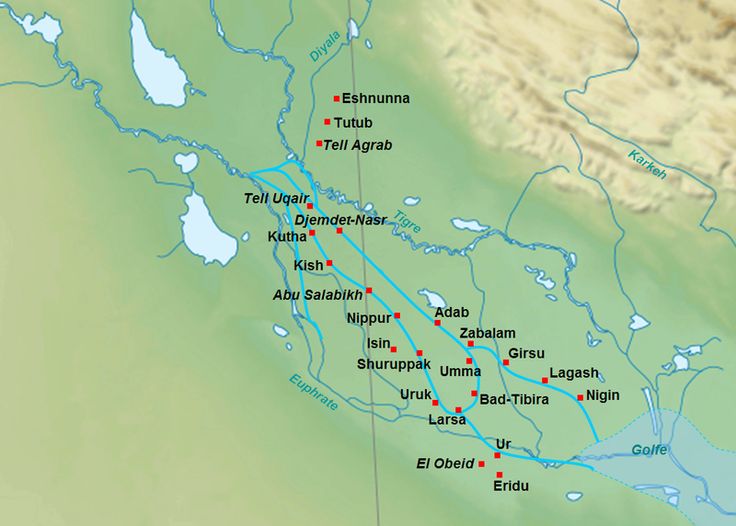sooda
Veteran Member
If a single global flood took place, there should be a layer that contains all the human artifacts of the time and nothing like that has ever been found. Additionally, there is no explanation for cultures that existed prior to and just after the proposed date of this flood. They can only be explained if they were wiped out by a flood and the magically recreated and repopulated immediately after the flood. If that were a realistic option, there would have been no need for Noah and his crew at all. Just recreate from scratch.
Well, for instance Baalbek wasn't wiped out by any flood and neither was Damascus.

